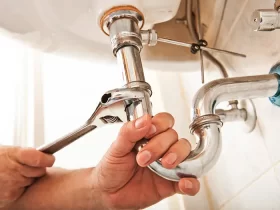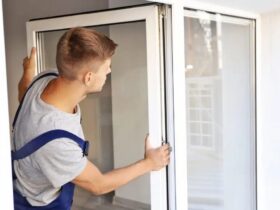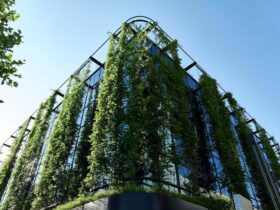Do you want to boost the health of your indoor environment?
Houseplants are an excellent way to improve the quality of the air that you breathe and the water that you drink. They can also provide restorative benefits for your indoor plants, especially for your mental health. Yet, certain houseplant tips can make a huge difference in how healthy your indoor garden is.
Are you ready to start caring for houseplants and provide your home with all-natural benefits? If so, here are a few planting tips for beginners.
1. Pruning Your Houseplants
Prune early and often as this will prevent your plants from getting too big. Use sharp, clean shears because this will help prevent disease and damage to your plants.
Be careful not to over-prune. This can damage your plants and hinder their growth.
Prune away dead or damaged leaves and branches. This will help your plant focus its energy on healthy growth.
Use the pruned leaves and branches as mulch or compost. This will help your garden or landscape.
2. Watering Your Plants
Check the soil before watering your plant. If it’s dry a few inches down, it’s time to water. Water slowly and deeply so the water has a chance to reach the roots.
Avoid getting water on the leaves, which can cause fungus or other problems. If possible, water in the morning so the plant has time to dry out before nightfall.
Don’t let your plant sit in water. If the pot doesn’t have good drainage, empty it out after watering. Watering your plants will help them stay healthy and grow.
3. Fertilizing Your Plants
Fertilizing your plants is important to keeping them healthy and ensuring they have a long life. Use a fertilizer that is designed for plants. Be sure to follow the directions on the fertilizer package.
Apply the fertilizer at the base of the plant, not on the leaves. Water the plant after applying fertilizer. Don’t fertilize plants that are stressed or sick.
4. Choosing the Right Pot
You need to make sure that the pot you choose is the right size for your plant. If the pot is too small, your plant will not have enough room to grow. If the pot is too large, your plant may become root bound and start to decline.
You also need to make sure that the pot you choose has good drainage. If the pot does not have good drainage, your plant will start to suffer from root rot. Choosing the right material for your plant is crucial because some plants do better in ceramic pots while others do better in plastic pots.
5. Sunlight Requirements
Not all plants need direct sunlight to thrive. For example, spider plant care is a low-maintenance houseplant that is easy to take care of.
Plants that don’t need direct sunlight should be placed near a window, but not in direct sunlight. The amount of light a plant needs can vary depending on the species. Some plants need very little light, while others need full sun.
These Planting Tips for Your Indoor Space
If you want to liven up your indoor space, consider adding some plants. To ensure that your plants thrive, follow some basic planting tips, such as choosing the right type of plant for your space and making sure that the plant has adequate sunlight and water. With a little bit of care, your plants will add life to your home for years to come.
Keep reading our insightful blog for more useful gardening and interior design tips.








